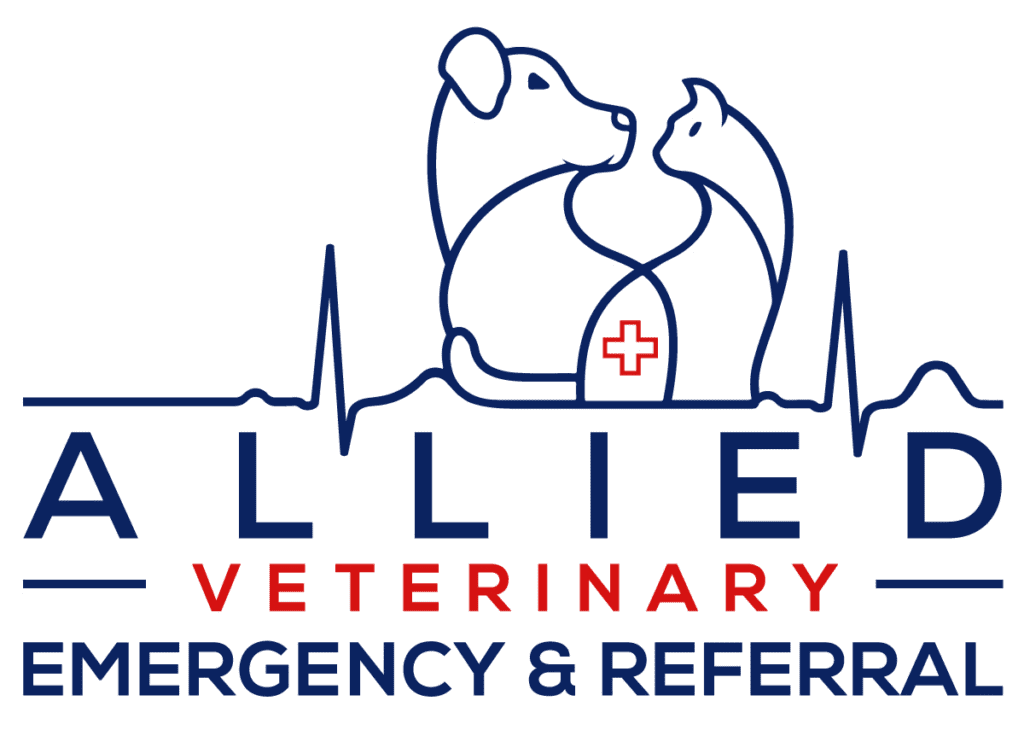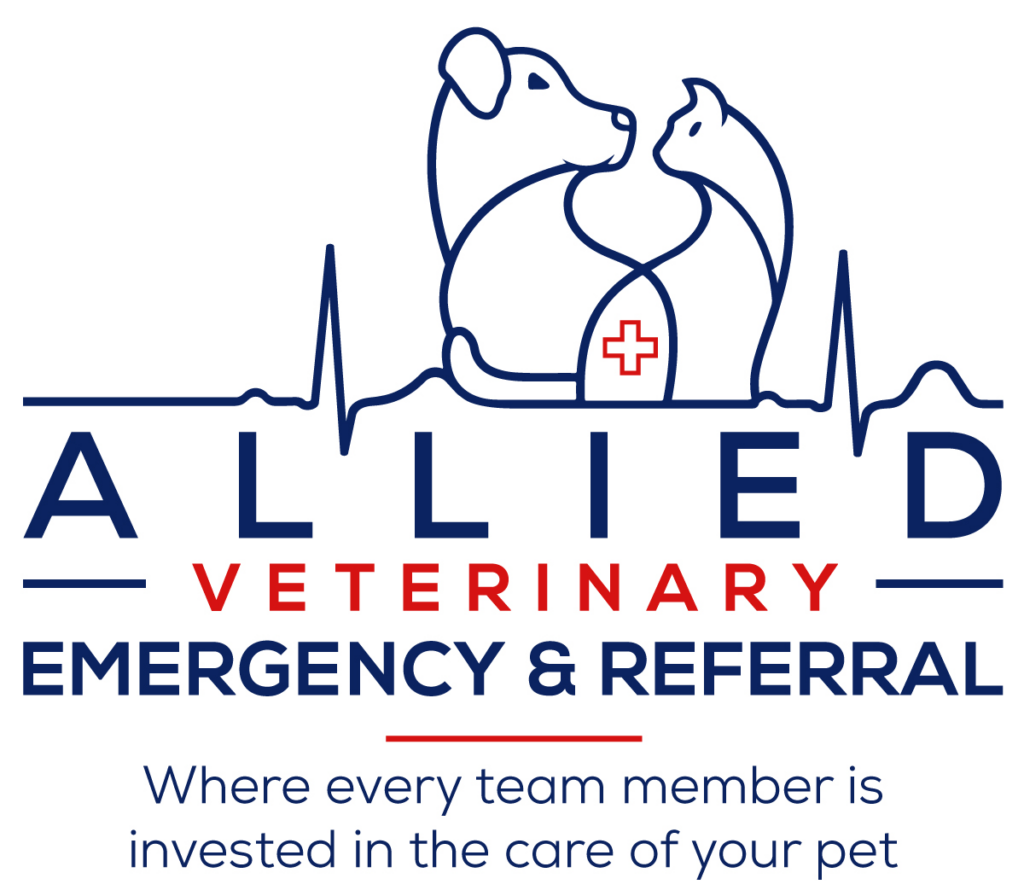Common Emergencies: Lacerations
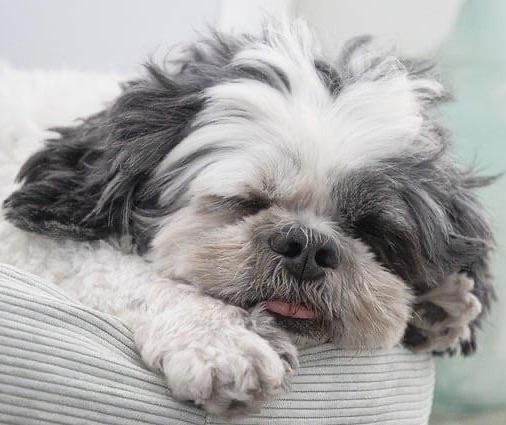
Treatment for lacerations depends on the severity of the wound and can include:
Assessment: A veterinarian will examine the wound and determine the best course of action.
Cleaning: The wound is thoroughly cleaned and debrided to remove debris and reduce the risk of infection.
Stitching: For uncomplicated lacerations, the wound edges are held together with sutures or staples. More severe wounds may require surgery or skin grafts.
Drains: For contaminated wounds or wounds with a large amount of dead space, drains may be placed to allow fluid to drain.
Bandaging: A clean dressing and bandage is applied to protect the wound.
Pain medication: A veterinarian may prescribe pain medication to relieve discomfort.
Antibiotics: Antibiotics may be prescribed to prevent infection.
Note: Lacerations should be repaired as soon as possible to help ensure good healing. You should visit an emergency hospital if your pet has a severe wound, is unable to stand or walk, or has been hit by a car.
Feline Fact: FIP is now treatable!
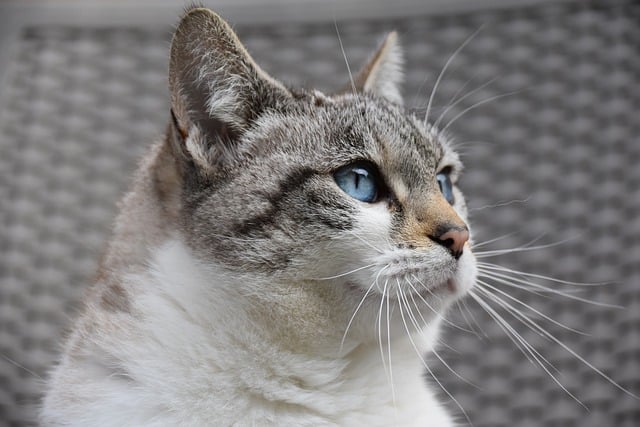
While there are still some uncertainties regarding recently-identified antiviral drugs to treat FIP (including their long term effectiveness, ideal minimum dose, potential for the development of drug resistance, and best drug mechanism of action to recommend/pursue), studies in both the laboratory and in client-owned cats with naturally occurring FIP suggest that the drug that has been most extensively studied, referred to as GS-441524, is a safe and effective treatment option for cats diagnosed with of FIP. This drug has been available in Australia and the UK for several years, and has only recently become available as an orally compounded formulation in the US. This is wonderful news for our feline friends.
Canine Fact: Risks of orthopedic injuries
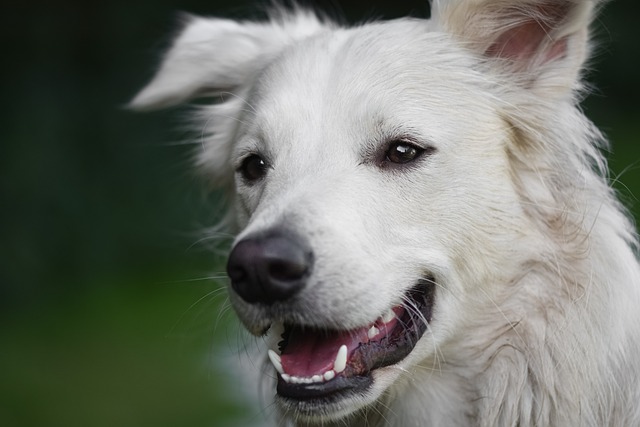
Large breeds like Rottweilers, St. Bernards, Akitas, Newfoundlands, Mastiffs, and Labrador Retrievers are more likely to suffer from cranial cruciate ligament (CCL) tears, which are similar to ACL tears in humans.
The good news is Allied has a team of veterinarians expertly trained in repairing CCL injuries.
Learn more about our surgical team here and call to schedule your pet’s consultation.
